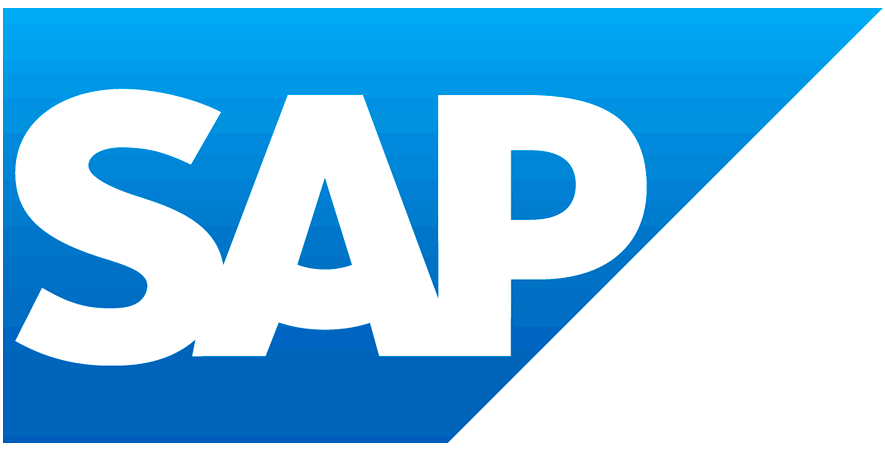Holistic Approach of SAP Urban Matters Program Delivers Sustainability Results for Cape Town
November 14, 2013 /3BL Media/ - SAP AG (NYSE: SAP) today highlighted its holistic approach to urban sustainability during an SAP® Urban Matters initiative event in Cape Town, South Africa. More than a decade after its first implementation, the City of Cape Town’s deployment of SAP software demonstrates that sustainability efforts extend beyond environmental concerns and are rooted in good governance. Deep industry experience has shaped the SAP Urban Matters program, which recognizes that improving liveability, transforming government and nurturing local economies are key foundations for long-term sustainable success.
Cape Town chose the enterprise resource planning (ERP) application SAP® ERP following a local government amalgamation in 2000 that brought several municipalities together to form a consolidated City of Cape Town. Facing this management challenge, city leaders and managers worked with SAP to get full visibility into the once-fragmented workforce. Improving its financial management was the first step in addressing socioeconomic challenges. In 2003, within three years of implementation, the application had paid for itself through improved revenue collection. With a strengthened financial and management foundation in place, Cape Town has the resources to pursue many sustainability goals.
One such goal was maximizing utility revenues in order to provide services to genuinely needy citizens. Fair and improved utility tariff enforcement required the ability to distinguish between ratepayers who did not have the means to pay versus those who simply would not. In 2012, Cape Town deployed SAP Advanced Metering Infrastructure (AMI) Integration for Utilities software for some of its large power users. The project enables the City to read meters on demand while integrating smart meters and their processes in the back office.
Improved administrative performance has allowed the City of Cape Town to deliver superior customer service to all citizens, in turn raising civic expectations, faith in government and engagement of residents that were underserved prior to South Africa’s transition to full democracy in 1994. Citizens can now make use of upgraded administrative tools in all three locally prominent languages — Afrikaans, English and Xhosa — and can also make payments toward their municipal accounts at any bank across the City, via both Internet and many third-party vendors. These practical improvements have made Cape Town the top-rated deliverer of municipal services in South Africa.i With stronger finances, better citizen engagement, and more credibility as an organization, the City of Cape Town is poised to tackle many sustainability challenges.
Today’s event featured Patricia DeLille, Mayor of the City of Cape Town; Andre Stelzner, CIO of the City of Cape Town; as well as a number of global and regional experts on managing urbanization. While drawing on the experiences of cities worldwide, the discussion focused on the approaches taken by African cities as they manage rapid economic growth, surging populations, rising citizen expectations and larger municipal workforces. “With the rapid growth of cities around the world and especially in Africa, citizens expect leaders to address urgent global issues that affect all urban populations,” said Sean O’Brien, global vice president, Urban Matters and Security, SAP. “Mayors and their teams need the best possible tools to directly tackle livability, governance and economic challenges. This is why SAP takes a holistic approach to urban sustainability, incorporating governance, public security, the environment and citizen engagement.”
For more information, visit the SAP Newsroom. Follow SAP on Twitter at @sapnews and @sapurban.
Media Contacts:
Mat Small, +1 (510) 684-3552, m.small@sap.com, PST
Robin Meyerhoff, +1 (650) 461-1916, robin.meyerhoff@sap.com, PST
iSouth African Cities Network, April 2013

